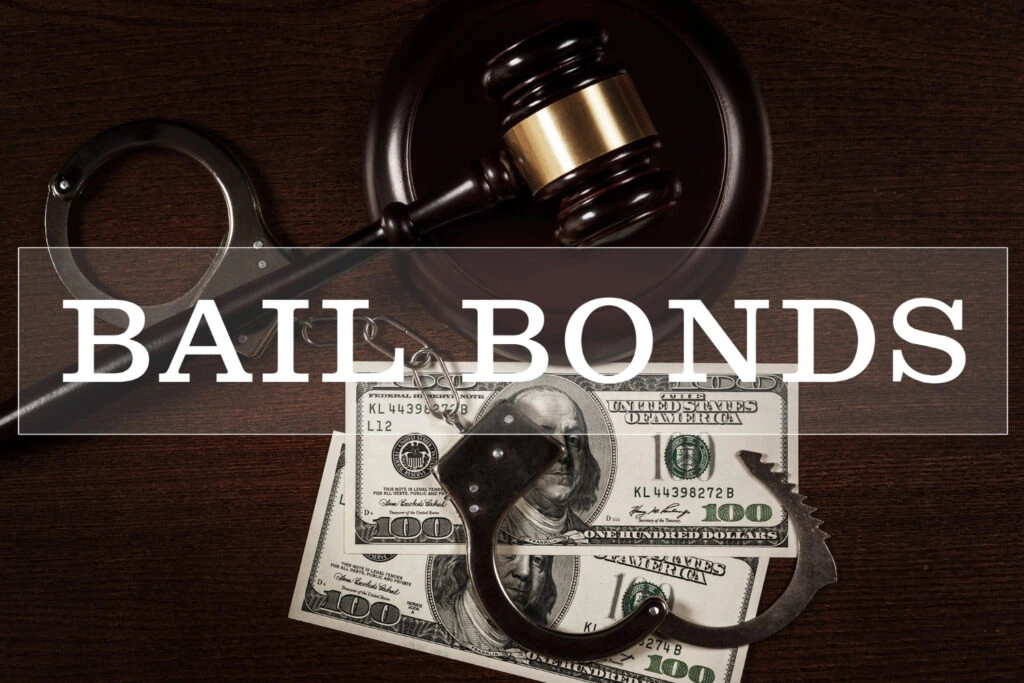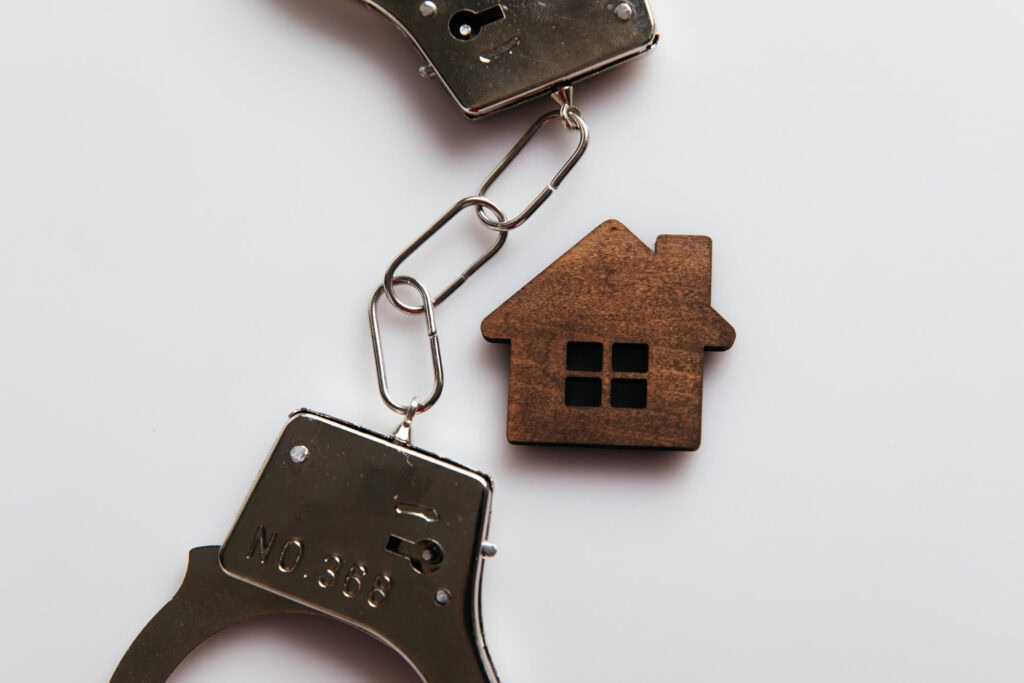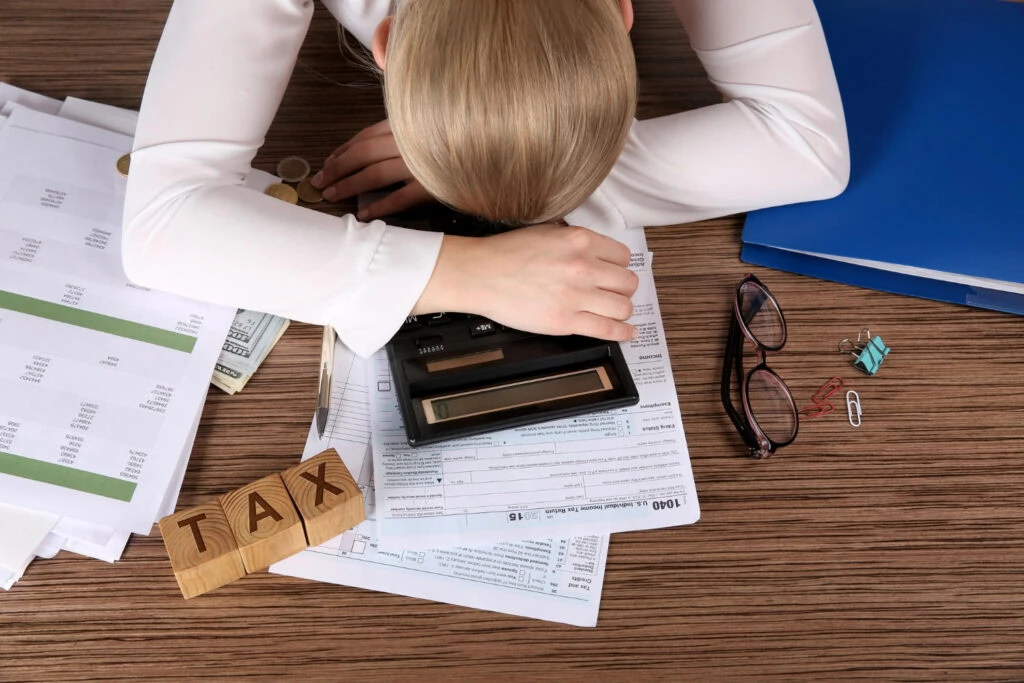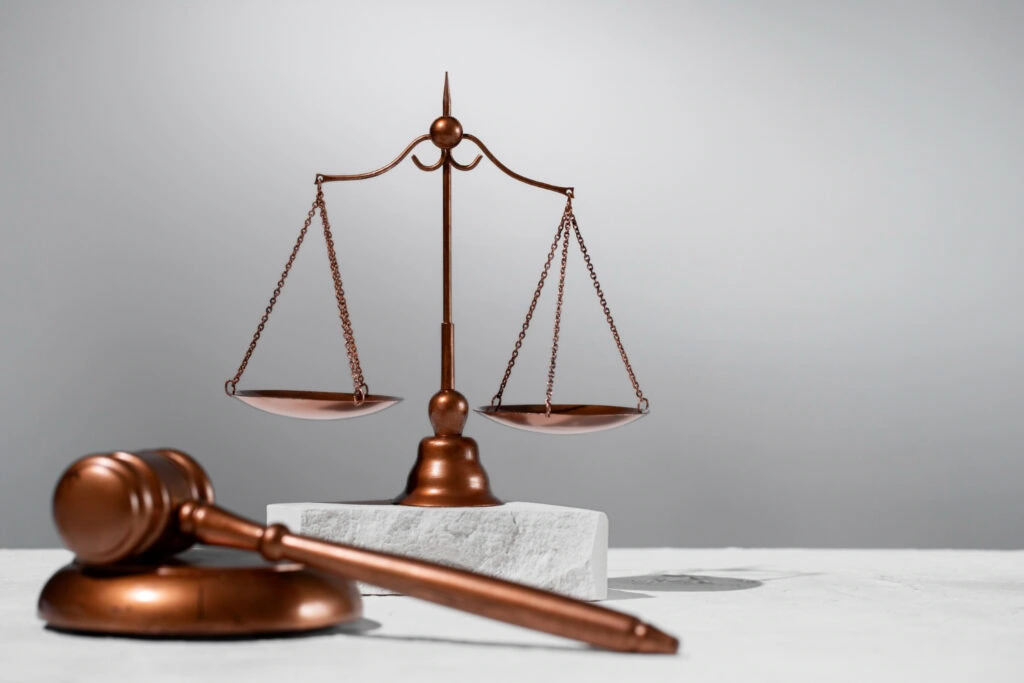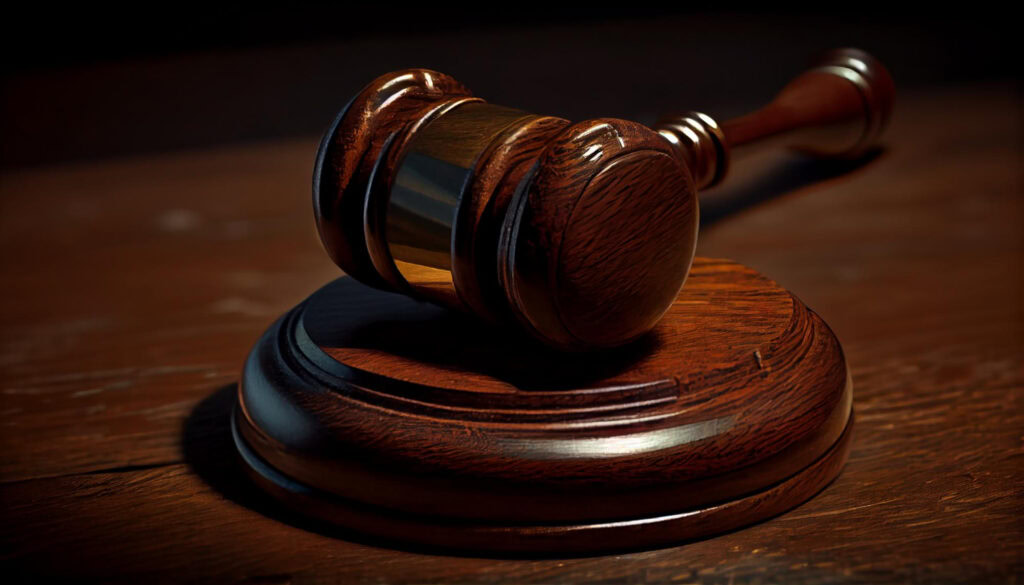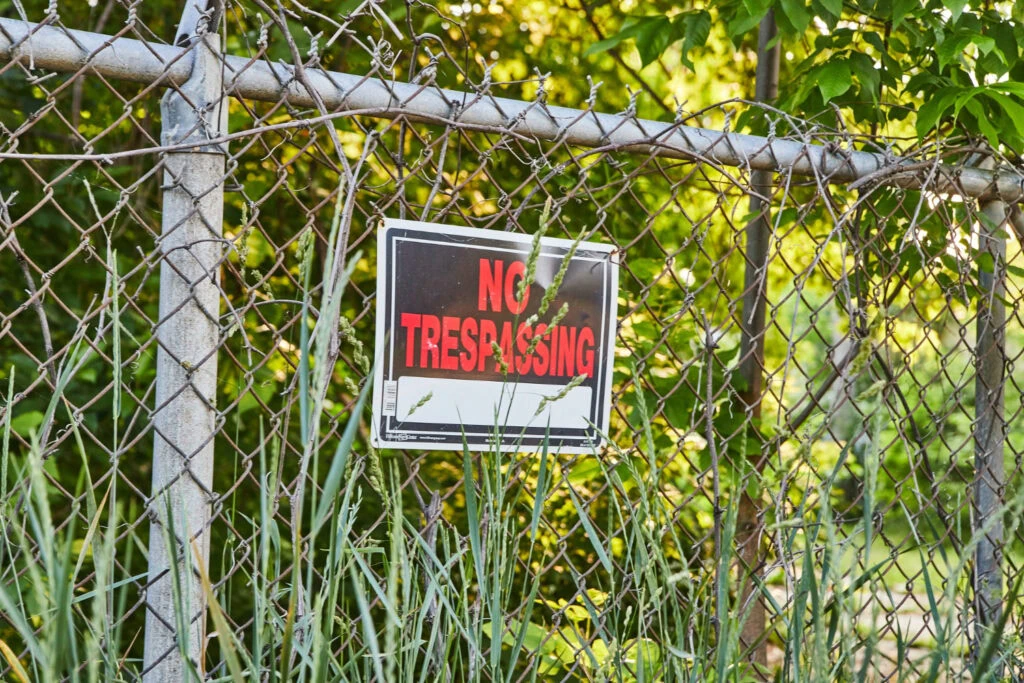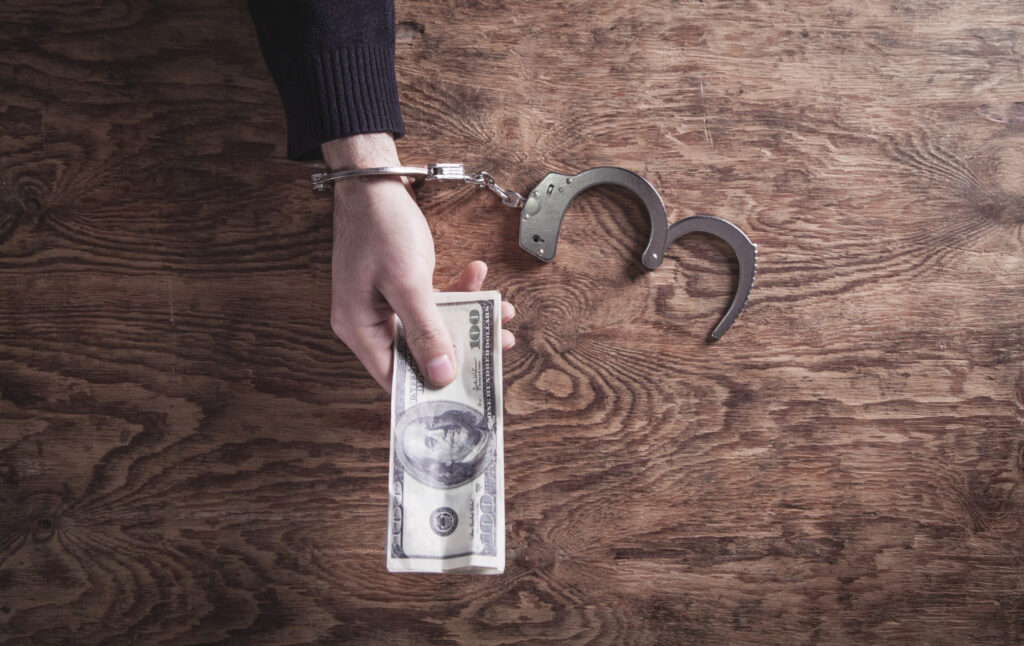Under the Fifth Amendment, a person is presumed innocent until found guilty. The prosecution carries the burden of proving that the defendant is guilty of the charged crime. However, the courts cannot expect that a person who is charged with a crime will always return to trial on their own recognizance.
For this reason, when a person is arrested for a crime, they are brought before a judge who will set bail based on several factors. If the judge sets bail, the person can either choose to pay the bail or stay in jail until their trial hearing. This article navigates the laws around bail, the conditions surrounding bail, and bail hearings.
What is bail?
Bail is an amount of money set by the court at the initial court hearing. Bail, when paid by the defendant or someone on behalf of the defendant, allows the defendant to be released from jail until the trial hearing. Bail is a financial incentive set to ensure that the defendant will return to court.
If the defendant does not attend their trial hearing, they will forfeit the money they paid to the court and be charged with additional crimes. If the defendant does attend their trial hearing, they will get their money back when the case is resolved.
What is a bail bond?
If a person cannot afford to pay bail, they can utilize the services of a bail bondsman. The bail bondsman will pay the bail on behalf of the defendant in exchange for a fee paid to them by the defendant. The fee is non-refundable. California caps the fee at 10% of the bail price.
For example, if bail is set at $100,000.00, the defendant will need to pay the bail bondsman $10,000.00. If the defendant does not attend their trial hearing, the bail bondsman has the right to go after the defendant in order to get reimbursed from the court.
How much is bail set at?
The amount of money bail is set is determined by a bail schedule created by each Superior Court in the state of California. A civilian can see these bail schedules online. The schedule lists the type of crime and the amount of money deemed to be an appropriate amount of bail for that crime. A crime that is more severe will have a higher bail. However, law enforcement can request that the bail be set higher than what is listed on the bail schedule. The defendant’s attorney can request that the amount of bail be lowered.
The purpose of bail is to ensure and encourage the defendant to appear in court when scheduled.
For this reason, the judge will take certain factors into consideration when determining bail.
Some factors include whether the defendant is a
a) flight risk – that the defendant will not come to court regardless of the bail posted;
b) the type of crime committed (a defendant charged with homicide will be viewed differently than someone who shoplifted);
c) the defendant’s criminal record.
Bail also needs to be set at an amount that the defendant can afford to pay, as per the California Supreme Court in In re Humphrey.
What are the three types of bail?
- Cash – Paying the monetary amount of the bail.
- Property – A person’s property is considered to be collateral.
- Bail Bond – Cash paid to the court on behalf of the defendant in exchange for a fee paid to the bail bondsman.
How can you post bail?
To post bail means to pay the amount in which bail was set by the court. The defendant posts bail to the court clerk or the jail, depending on the jurisdiction. The ways in which a defendant can legally transfer the money to pay the bail is determined by the court.
For example, a court may allow for a money order, but not a personal check. The defendant will need to pay the full amount in order to be released.
What are some additional conditions that the court may require in order for the defendant to be released on bail?
In addition to paying bail, the court may require that the defendant meet certain conditions while they wait for their trial hearing.
Some of these conditions include limitations on movement. The court can require that the defendant surrender their driver’s license and/or passport, wear a monitoring system, be placed under house arrest, and/or be prohibited from leaving the state.
If the crime was drug or alcohol related, the court may require that the defendant get tested regularly, get treatment for an addiction or mental health issue, and/or use an ignition interlock device which requires the driver to test their BAC level before driving their vehicle.
What is the role of the attorney at a bail hearing?
Having an attorney represent a defendant in court, even at a bail hearing, is important. The court is required to consider the defendant’s financial ability to pay the bail before it is set. A skilled attorney can speak, and show evidence, on behalf of the defendant to get a reasonable bail set.
Need an attorney to represent you at a bail hearing?
The Law Office of David L. Faulkner can help you navigate a criminal trial, from the first appearance in which bail is set through sentencing. We represent clients in Bakersfield, California who have been charged with misdemeanors and felonies. We aggressively defend your rights and fight for you to get the best possible outcome. Contact us today.


